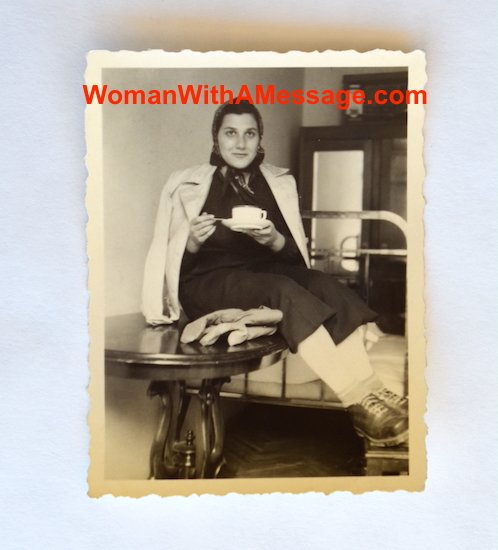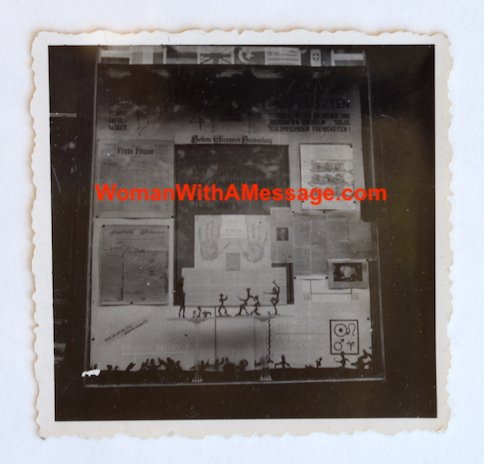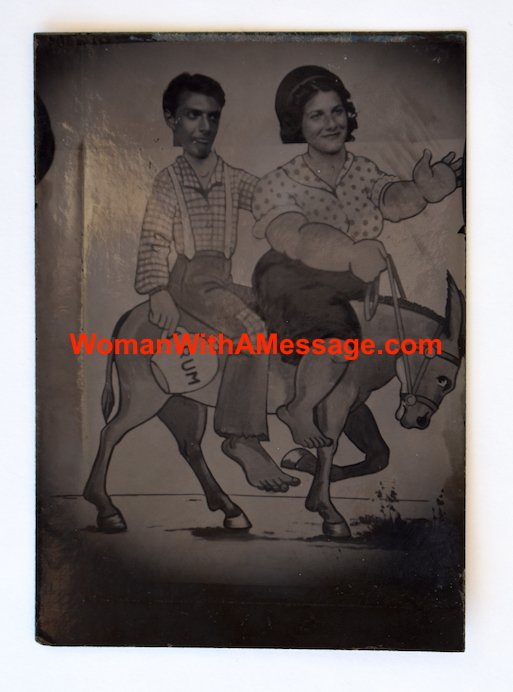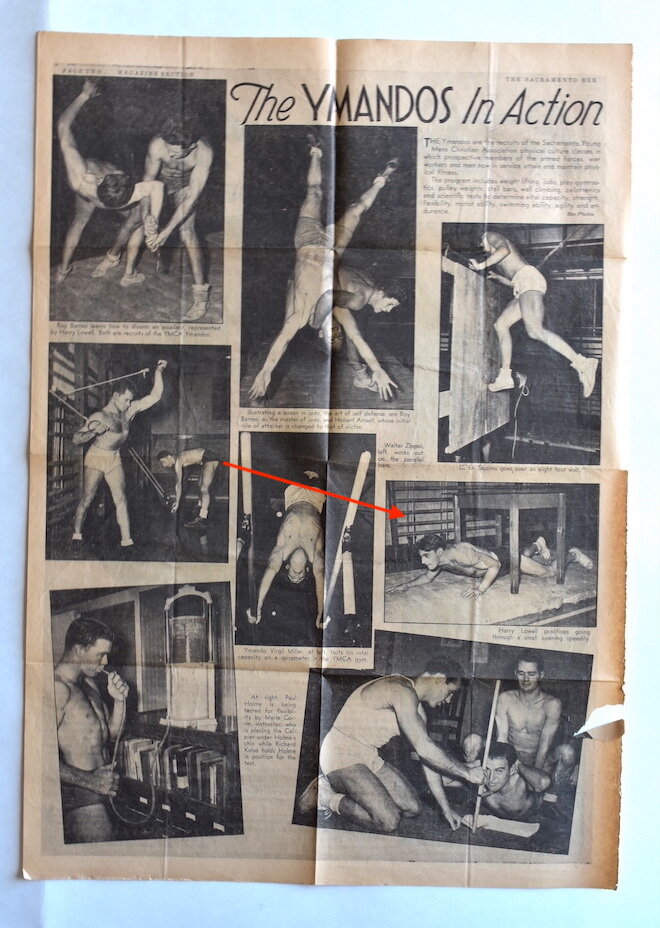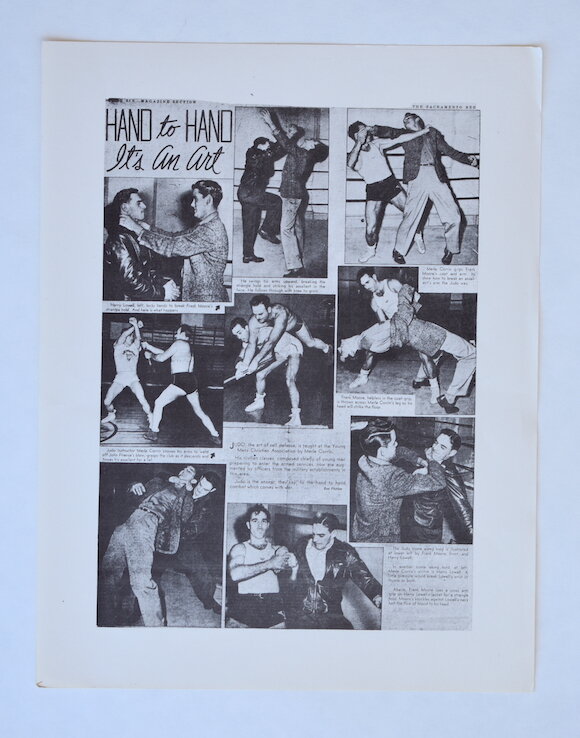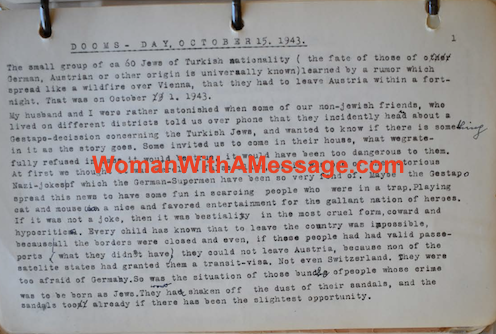Link to Family Tree to understand family relationships.
Today we have the companion letter to the letter to Harry we saw yesterday; this one is from Helene in Vienna to her 19-year-old daughter Eva in San Francisco.
Clipper 57a Vienna, 29 October 1940
My dear Eva-child, I have been spoiled by how quickly the last letters have reached us and so the interval between the last one and today is starting to feel a bit long. Certainly a letter will arrive tomorrow, the day after tomorrow, or the day after that and I will once again find out a little bit about your life. You have a lot to do nowadays my little bunny? A few weeks ago, Papa ran into your teacher Gina who asked all about you. I visited her after that and she was very interested when I described your institute of higher learning. I am supposed to say hello to you from her and her sister. She told me that your card from Istanbul was the last time she heard from you directly. I think a letter from you would make her very happy, especially if you were to tell her about your school. She inquired about how Harry’s progress in just as much detail. She is a fine and good person and there aren’t many like her. Yesterday I visited the old seamstress across from us, the grandmother of your former schoolmate Trude Koch. She told me that her granddaughter has also been away from Vienna for a year now. I sought her out because I wanted to ask if she could rent a room or even just a closet to an old lady who has been living in the home of Frau Clara Friedman up until now. Unfortunately, her apartment is quite full and I could not help the good woman. I also knocked on the door but there was no answer.
On Sunday the old Zentner couple was here to visit us. Unbelievable how agile the old gentleman is and he decided to go straight up to the 4th floor to visit us and even the darkness didn’t seem to bother him much. They have good news about their children and they are looking forward to the time when their number is up to emigrate. Frau Jeck had everything ready for her departure, but apparently she missed the proper date and is still here.
We have snow for the first time today. That’s always a reason for serious observations. How strange that the winter months particularly increase my anxiety for you and my wish to be reunited with you even greater. It’s probably because we didn’t used to be apart from each other so much in the winter. The last ski trip to Radstätter-Tauern and the few days we spent in Kaumberg were just about the only time we hadn’t spent together during the winter months. In the summer it just seemed easier. But don’t think I’m not happy that you’re over there.
I wrote to Lisette last week and asked that she take care of our issues. If it’s still possible, I ask? Olga’s brother was here yesterday. He gave me some letters to read and they weren’t as rosy as before either. It’s pretty lousy in all of Europe. “America, you’ve got it better!”
I read with regret and sympathy that you wanted to go out and spend some time with Tillie but you were unable to do so because of your work. Don’t you have a fixed day of the week that’s free? And Sunday, don’t you even have Sunday free? You were in Mill Valley with Paul last time. Do you spend a lot of time together? In any case, the many invitations that you get together do manage to keep family contact alive.
Papa just told me that he’s ready to leave and for him it is an unwritten law that he only mails things on Friday. Well, apparently I drove my little typewriter workhorse for no reason because the letter is not going to be sent until the 1st anyway.
Kisses, kisses, and more kisses,
Helen
Note: October 29, 1940 fell on a Tuesday
It’s lovely to see how fondly my mother’s teacher remembered her. Perhaps Gina is Gina Mayer, whose inscription we saw in Eva’s Poesiealbum in the May 18 post.
We may have seen photos of Eva and Paul in Mill Valley in the February 7 post. Despite her sorrow at their separation, it must have lightened Helene’s heart to know that her children regularly saw their older cousin Paul and that other family members welcomed them into their homes..
We hear that people continue to leave Vienna, to plan to leave, or are prevented from leaving. Money is so scarce that finding a spare closet to call home was a luxury.
I have always imagined that this photo of Eva was taken on a ski trip – she’s dressed warmly, drinking a hot beverage, and is wearing sturdy walking shoes. Perhaps this is one of the rare separations Helene mentions.

